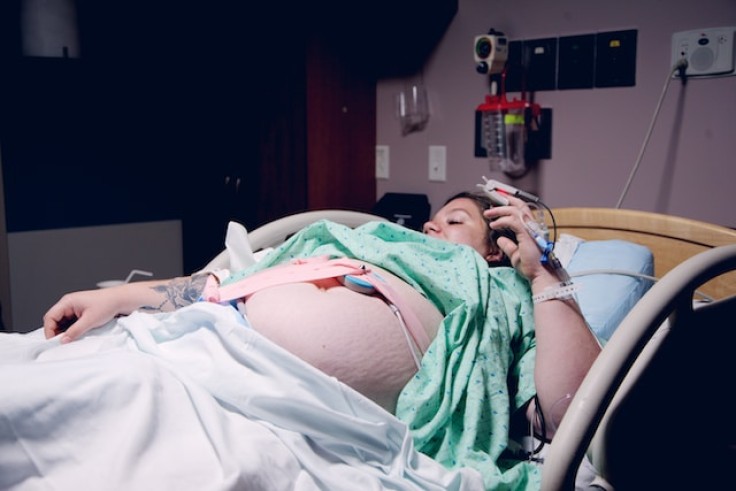
Braxton Hicks contractions, often referred to as "practice contractions," are sporadic uterine contractions that start in early pregnancy, although they're usually felt more prominently in the second and third trimesters. As you prepare for the arrival of your baby, understanding Braxton Hicks is essential for distinguishing them from true labor pains and knowing when to expect them.
Most pregnant women will begin to experience Braxton-Hicks contractions in the second trimester, around 20 weeks of pregnancy. However, some may start feeling them as early as the second month, though it's rare for them to be strong enough to be noticed that early on. These contractions tend to become more frequent and noticeable as pregnancy progresses, often increasing during the third trimester.
Identifying Braxton-Hicks Contractions
Braxton Hicks contractions are your body's way of preparing for the real thing, but they do not indicate that labor has begun or is imminent. Here are some key characteristics that help distinguish them:
- Irregularity: Unlike true labor contractions, Braxton Hicks are unpredictable and do not follow a consistent pattern.
- Lack of Progression: These contractions do not get closer together, do not increase in duration, and do not become more intense over time.
- Discomfort Over Pain: While they can be uncomfortable, Braxton Hicks contractions are typically not painful like labor contractions.
- Location: Often, Braxton Hicks contractions are felt in the front of the abdomen.
- Movement: They often subside with movement, such as walking or changing positions.
- Duration: They are short, usually lasting about 30 seconds to two minutes.
The exact cause of Braxton Hicks is not entirely clear, but they are thought to play a role in toning the uterine muscle and promoting the flow of blood to the placenta. They do not cause the cervix to dilate and are not a sign of preterm labor.
Managing Discomfort
Though Braxton Hicks are not typically as painful as true labor contractions, they can still cause discomfort. Here are some tips to manage them:
- Change activities: If you start experiencing contractions, change your activity or position. If you're active, take a break and rest. If you're resting, take a walk.
- Stay Hydrated: Dehydration can trigger Braxton Hicks, so make sure you're drinking plenty of water.
- Practice Breathing: Use these contractions as practice for the breathing exercises you may use during labor.
- Warm Bath: Soaking in a warm bath can help alleviate the tightness and discomfort.
- Relaxation Techniques: Techniques such as meditation or prenatal yoga can help your body relax and may reduce the frequency of Braxton Hicks.
It's important to know when to contact your healthcare provider regarding Braxton Hicks.
- Before 37 Weeks: If you're experiencing regular contractions and you're not yet 37 weeks along, it could be a sign of preterm labor.
- Painful Contractions: If your contractions are increasingly uncomfortable or you have any pain or discomfort in your lower back or abdomen,
- Other Symptoms: Contact your healthcare provider if you experience any vaginal bleeding, unusual discharge, increased pelvic pressure, or more than five contractions in an hour.
As you prepare for your baby's arrival, knowing about Braxton Hicks contractions and understanding when they start can help you differentiate between false alarms and the real onset of labor. Always discuss any concerns or questions with your healthcare provider, and remember that every pregnancy is unique. What's most important is staying informed and aware of your body's signals as you approach the incredible moment of meeting your baby.
Related Article : Coping With Abdominal Pain During Pregnancy